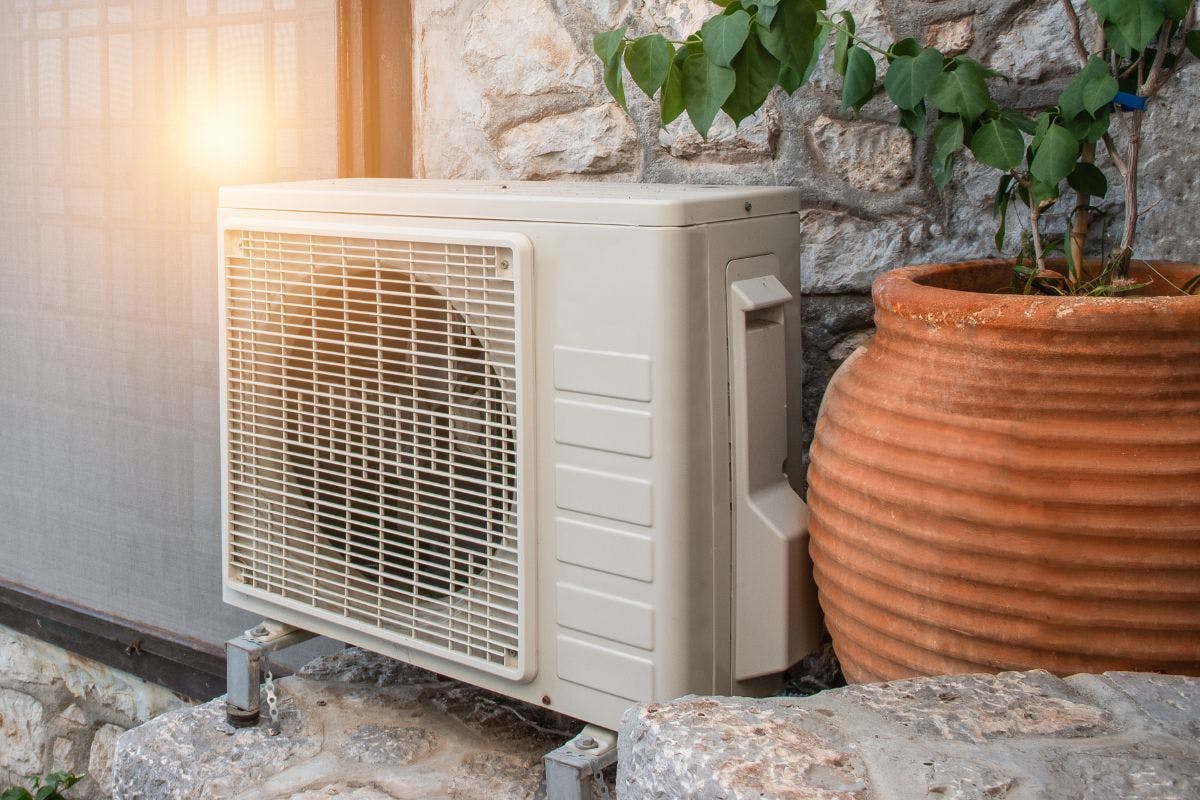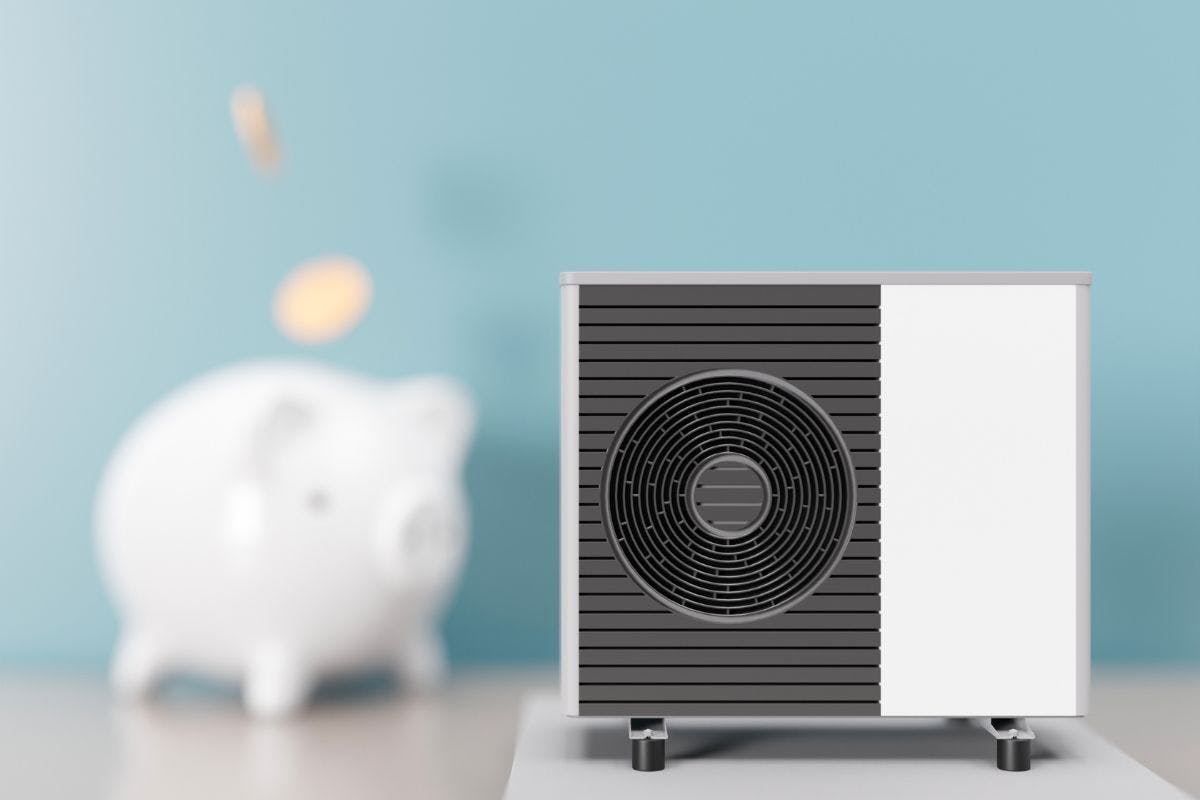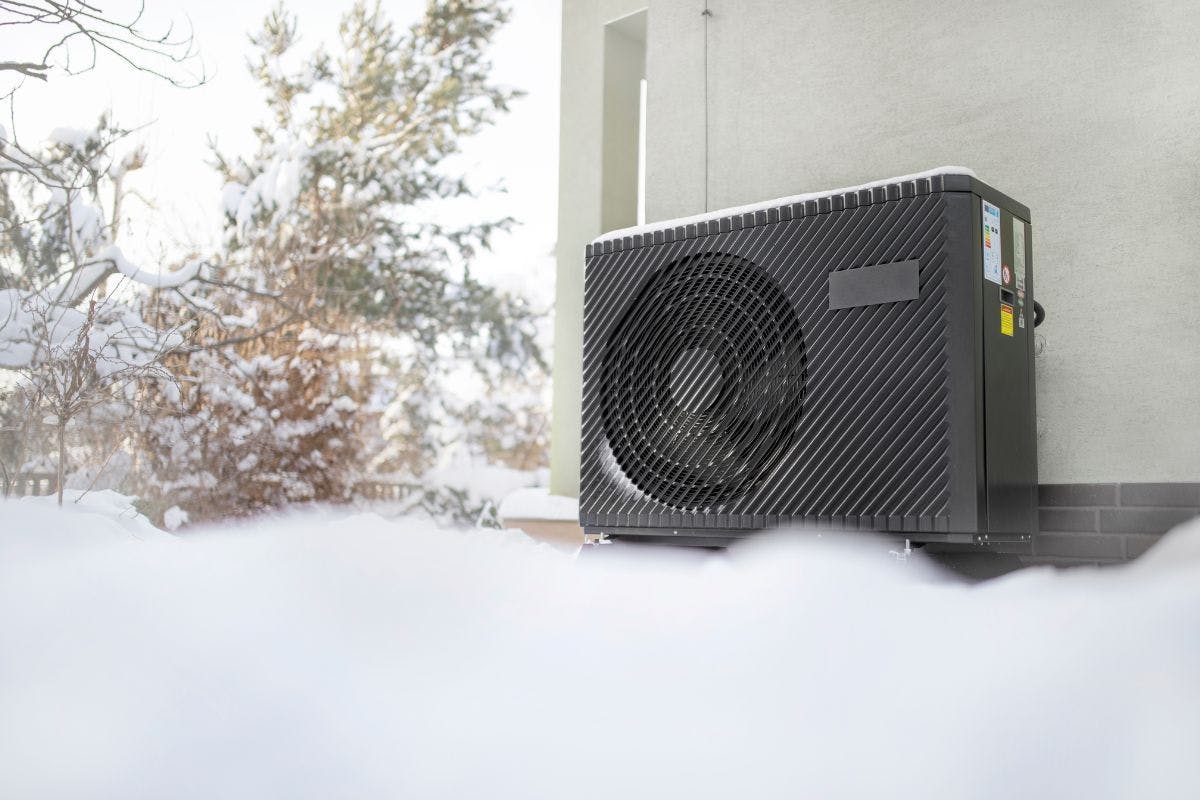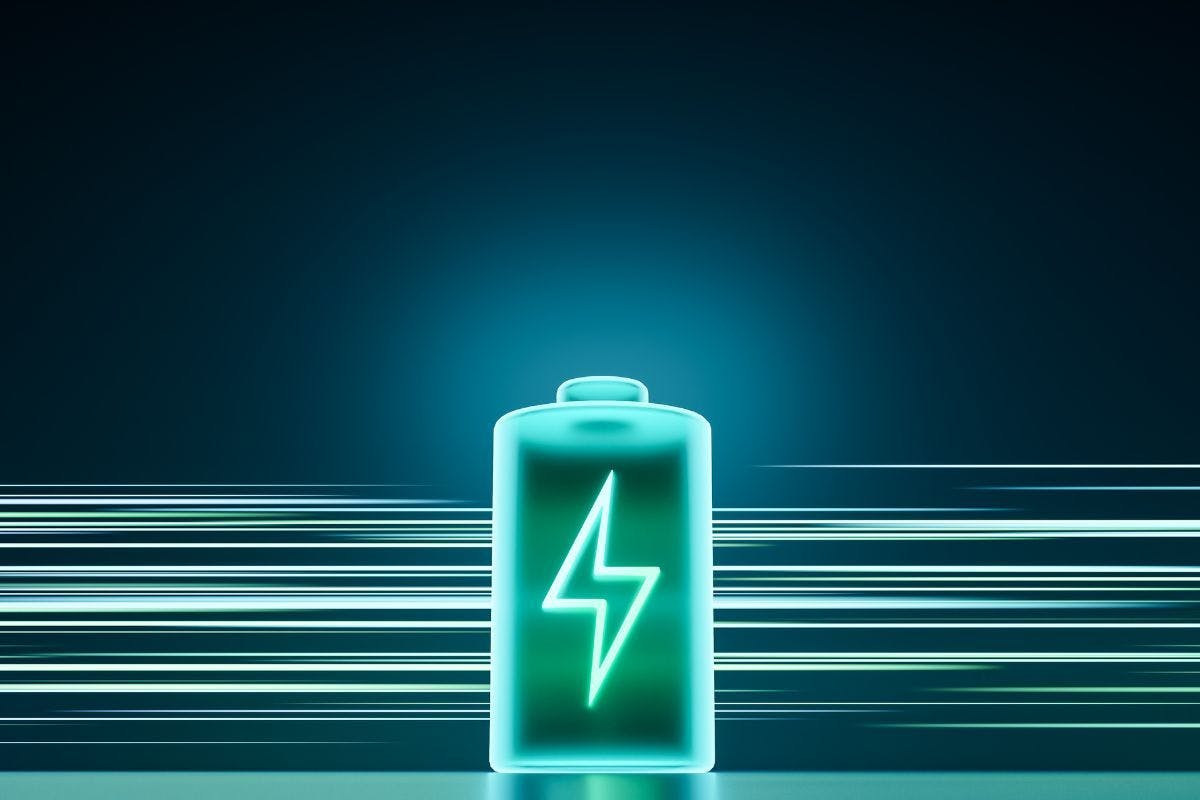Heat Pump Tips to Get the Most from Your HVAC
Actualizado

Autor
Andrew Giermak
Writer and Editor

Editor
Andrew Blok
Writer and Editor

A new heat pump is an energy-efficient system for your home's heating and cooling that can deliver comfort and savings for many years to come. With a few best practices you can get the best performance, efficiency, and savings from your heat pump.
What simple tips can you implement yourself? What tasks are best left to a technician? Here's how to ensure your heat pump’s efficiency over the long run.
See how much you can save with home energy changes
Heat Pump Tips for Energy Efficiency
A heat pump generally is the most energy-efficient system for home heating and cooling. Still, a few heat pump tips can help your system run at its most efficient and further cut your energy bills. You can save energy and money by properly using your thermostat, keeping up with proper maintenance, and matching the right heat pump to your climate and home.
Set your thermostat
Setting your temperature warmer in the summer and cooler in the winter saves energy. However, finding the right mix of comfort and energy savings can spark debate.
Try this: Change your thermostat one degree each day until you reach an uncomfortable temperature, then move it to what you had the day before.
When you can, adjust your thermostat by 7-10 degrees for eight hours. If you have a smart thermostat, you can have it return to your comfortable temperature a little before you get home or wake up.
Zone rooms if possible
Zoned, ductless, or mini-split heat pumps can be more efficient as you heat or cool only the rooms or areas of your home you’re using. Also, with a ductless system, there is no temperature loss through the ductwork.
According to the US Department of Energy, traditional HVAC systems can lose about 30% of their conditioned air in the ductwork throughout a house or building.
Get the right size
The right-sized heat pump is critical to your system's efficiency. Your typical heating and cooling needs and climate help determine the right system size.
An oversized heat pump will short cycle (turn on and off too frequently). An undersized heat pump will run for too long and heat or cool your home poorly or unevenly. Both oversized and undersized heat pumps can lead to higher energy bills and damage to your system.
Get the right heating and cooling rating
The right heat pump ratings for your area's climate impact energy efficiency. SEER2 (Seasonal Energy Efficiency Ratio) measures a system's cooling efficiency. HSPF2 (Heating Seasonal Performance Factor) measures its heating efficiency.
The nationwide minimum ratings for new residential heat pumps are 14.3 SEER2 and 7.5 HSPF2.
A local HVAC professional will help you find the balance of sufficient heating and cooling without spending too much for capabilities or power you'll never need (like a high HSPF2 in Hawaii).
See how much you can save with home energy changes
Heat Pump Maintenance Tips
Proper maintenance will see your heat pump running efficiently, keep your warranties intact, and extend your system’s lifespan. A National Renewable Energy Laboratory study found a well-maintained heat pump uses energy up to 25% more efficiently than a poorly maintained one.
Change air filters
Changing your air filters on a regular schedule is one of the simplest, yet most effective, heat pump tips to keep your system clean and efficient. For most systems, change filters every 1-3 months.
The Department of Energy estimates clean air filters improve any HVAC system’s energy efficiency by about 15%.
More benefits from clean HVAC air filters
- Decrease allergens
- Reduce asthmatic and other respiratory triggers
- Stop mold
- Control humidity
- Stop bad odors
- Stop pollutants like smoke
Keep units and vents clear
A heat pump needs clear, consistent airflow throughout its cycle to work optimally. Keep the space around outdoor units — about 1-2 feet all the way around — clear of mulch, plants, dirt, debris, and snow. Inside, keep areas around vents and registers unobstructed.
Professional maintenance
Professional maintenance on a regular schedule, typically once every six or 12 months, will keep your system efficient and catch problems before they become larger and more expensive or shorten the system's life.
A professional technician will handle refrigerant work, full system inspections, checking lines for blockages, testing thermostat settings and cycles, and tasks involving electrical work.
Air seal ducts
Regular inspections of your home’s ductwork and, if recommended, professionally sealing your air ducts can have multiple benefits. Air sealing ducts can contribute to better air quality, less moisture entering your home, and greater efficiency over a system’s expected lifespan.
Energy Star says sealed air ducts can improve heating and cooling efficiency by about 20%.
See what home electrification can do for you:
Heating and Cooling Tips
Whether you make the switch to a new energy-efficient heat pump or not, you can try out a few easy tips for better comfort and energy efficiency around your home. Using a little less energy in a few different ways can add up to energy bill savings each month.
- Dress for the weather: With a little common sense for the season, a sweatshirt or extra blanket on the bed can let you keep the thermostat a degree or two cooler in the winter. Wearing loose, light clothing will keep you cooler in the summer.
- Ceiling fans: You can use ceiling fans year-round. When you want a room to feel warmer, reverse the fan’s direction. A ceiling fan can make a room feel about four degrees warmer or cooler, which means you don’t have to adjust your thermostat that high or low.
- Open your windows: You may be able to open windows in the morning, evening, and overnight to allow cooler air into your home for free.
- Use shades, blinds, and window coverings: Sunlight naturally warms a space. You can use more sunlight coming into your home for extra heat, or use coverings for shade to keep spaces cooler.
- Cook smartly: Ovens, stoves, dishwashers, dryers, and other appliances give off heat. In the summer, when you can, think about using your oven later in the evening, cooking outside, or trying food that needs little or no cooking time.
Find the Right Heat Pump for You
Heat pumps are the most energy-efficient HVAC option for most homes and circumstances. When a heat pump replaces two less efficient appliances, the energy and utility bill savings are more likely. Pairing a heat pump with home solar panels to generate most or all of the power for your home heating and cooling will give you even higher savings.
Professional help from the start will ensure you get the right heat pump for your home. Professional installation ensures the best production, longevity, and warranty coverage of your new system.
To learn more about how Palmetto can offer you options for a heat pump and savings on home energy, find out what a heat pump can do for you or explore our home energy advisor page.
See what home electrification can do for you:
Frequently Asked Questions
Are heat pumps more efficient than furnaces and electric heaters?
Yes, heat pumps are more efficient, heating and cooling, than furnaces, electric heaters, and older central air conditioners.
How efficient are heat pumps?
Heat pumps can produce 300% or more heating or cooling output than the energy they consume. Geothermal heat pumps can reach 500% or more. Furnaces run at 80-98% efficiency of their fuel consumption. Electric resistance heaters can reach a maximum of 100% efficiency.
Will a heat pump save me money?
Switching to a heat pump, or upgrading from an old heat pump to a new and high-efficiency model, will save most users money, the National Renewable Energy Laboratory found. As of February 2024, 62-95% of U.S. households would have lower energy bills with a heat pump, NREL said.


